#religious teachings
Explore tagged Tumblr posts
Text
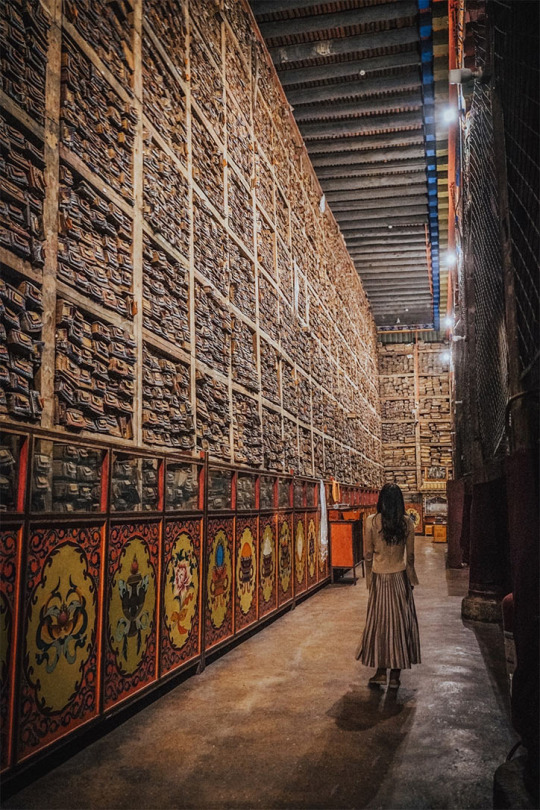

If you are still heart broken about the destruction of the Alexandria library, you will be happy to hear in a far away world, there’s a vast library hidden from the world for centuries, contains 84,000 books, which are planned to be digitised, translated and share with the world.
The Sakya Monastery in Tibet, founded in 1073 by Khon Konchog Gyalpo, is renowned for its vast library of ancient manuscripts, many of which remain untouched for centuries.
Most of these texts are Buddhist scriptures, meticulously handwritten in various languages like Chinese, Tibetan, Mongolian, and Sanskrit. But the depth of this collection is vast. It isn’t limited to religious teachings; it expands into the realms of literature, history, philosophy, the stars above with astronomy, the logic of mathematics, the beauty of art, and even the practical wisdom of agriculture.
The scale of this library is staggering. Picture traditional bookshelves stretching 200 feet and soaring to 33 feet, all packed with a whopping 84,000 books! Among these, there’s a standout: a single scripture that tips the scales at a massive 1,100 pounds, claiming the title of the heaviest in the world. Thanks to the region’s dry climate, the library also boasts a collection of delicate palm-leaf manuscripts, preserved in near-perfect condition.
The library is not open to the general public but is accessible to members and visiting scholars with permission. Efforts are underway to digitize these manuscripts, making them more widely available for research and study. This initiative highlights the library's role as a bridge between ancient wisdom and modern scholarship, offering invaluable insights into Tibetan culture and knowledge.
Now, these precious papers give us a peek into Tibet’s history. They show us how people lived, what they believed, and how they dreamed. Thanks to the Sakya Monastery, a whole world has been brought back to life from long ago. Everyone can learn and be amazed by the wonders of the past.
[Sources]:
*Earthly Mission: Tibet's Great Sakya Library (https://earthlymission.com/tibet-great-sakya-library-84000-scrolls-heaviest-scripture-world/)
*History Enhanced: Unveiling the Unseen (https://historyenhanced.com/unveiling-the-unseen-84000-unread-manuscripts-from-sakya-librarys-timeless-tales-discovered/)
*The Historians: The Secrets of Sakya Monastery Library (https://thehistorians.org/2023/12/24/the_secrets_of_sakya_monastery_library_in_tibet/)


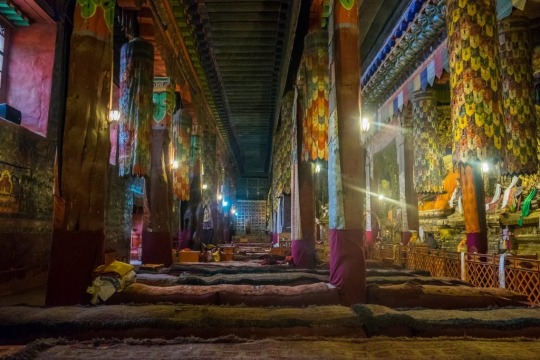
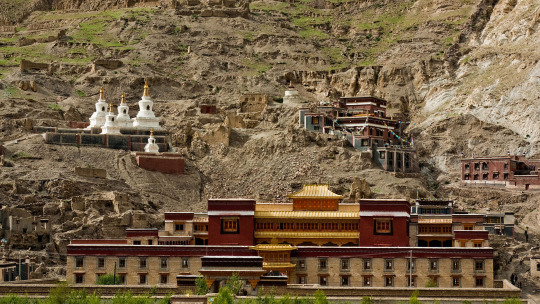
#Tibet#Sakya Monastery#Khon Konchog Gyalpo#Ancient manuscripts#Buddhist scriptures#Mongolian#Sanskrit#Chinese#Tibetan#Religious Teachings#Arts#ancient literature#ancient history#ancient philosophy#astronomy#ancient agriculture#ancient wisdom#ancient library#heaviest book in the world
41 notes
·
View notes
Text
Andrew Tate & Masculine Manly Men Versus Jesus' True Strength
I am still barely online. But I figured out the issue and the program causing it. The issue became how to configure the program causing the issue so it will still work with the other computers. I think I figured that out. I will do a much longer … is there any other way I post but longer … after I get everything up and running. Hugs.
youtube
View On WordPress
0 notes
Text
Understanding 3 Nephi 14:21-24: A Call to Authentic Faith
In the pursuit of true discipleship, words alone do not suffice. This timeless truth is powerfully illustrated in 3 Nephi 14:21-24, where actions, not mere proclamations, define our faith.
True Discipleship: Embracing Christ’s Words for Eternal Entry When it comes to true discipleship, 3 Nephi 14:21-24 offers a clear and powerful message: mere words aren’t enough to enter the kingdom of heaven. It’s a poignant reminder that faith and actions must align seamlessly, ensuring that we not only profess our beliefs with our lips but embody them in our daily lives1. In these verses,��
#3 Nephi 14:21-24#Authentic Faith#Bible study#Book of Mormon Study#building faith#Christian Doctrine#Christian Living#discipleship call#Faith and Works#faith in action#faith journey#faith reflection#Gospel Principles#Jesus Christ teachings#lds scripture#live your faith#Mormon beliefs#Mormon Teachings#New Testament parallels#religious faith#religious teachings#scriptural understanding#scripture analysis#seek truth#Spiritual Growth#Spiritual Insights
0 notes
Text
Caravan of Love: The Universal Path of Righteousness Across All Traditions
In the vast tapestry of world religions, certain values transcend cultural and doctrinal differences, weaving together a shared vision of what it means to live a righteous and compassionate life. These values—purity, righteousness, kindness, forgiveness, and compassion—are cornerstones of what many traditions aspire to cultivate in their followers. Whether it’s the Sadhu Dharma in Hinduism, the…
#Buddha#Compassion#divine spark#ethical living#forgiveness#harmony#Interfaith harmony#Interfaith Understanding#Islamic piety#Jesus Christ#loving-kindness#Mensch#moral conduct#moral integrity#peace#purity#religious teachings#righteousness#Sadhu Dharma#Spiritual Awakening#spiritual wisdom#Tzaddikim#unity#universal values#virtue#world religions
0 notes
Text
Is Your Church Secretly Calvinistic? 5 Signs You Need to Know Now!
James 5:19-20: “My brothers and sisters, if one of you should wander from the truth and someone should bring that person back, remember this: Whoever turns a sinner from the error of their way will save them from death and cover over a multitude of sins.”
Wondering if your church might secretly follow Calvinistic beliefs? Calvinism is a set of ideas about how God works with people, especially about who gets saved and how. It can be tricky to spot if a church follows these beliefs because they might not talk about it openly. Here are five signs that your church might be influenced by Calvinism, and we’ll look at what Jesus actually said to help…
#biblical refutation#Calvinism#Calvinist beliefs#Calvinistic church#Christian life#Christian theology#church beliefs#church doctrine#church warning#free will#gospel teachings#irresistible grace#Jesus&039; words#limited atonement#perseverance of the saints#predestination#Protestant work ethic#reformed theology#religious teachings#religious truth#salvation#signs of Calvinism#spiritual discernment#total depravity
1 note
·
View note
Text
In a religious organization in Wilmington, Delaware, lessons from Paul’s letters to the Corinthians hold great significance. Paul’s heartfelt expressions and deep insights within these letters have been a source of inspiration and direction for many years. He addresses the dilemmas and challenges that the Corinthians faced, providing profound messages that resonate equally in our hearts today.
0 notes
Text
youtube
Social Justice and Divine Justice | Exploring the Differences | Woke up
social justice and divine justice are distinct concepts with different focuses. Social justice deals with the pursuit of fairness and equality in human societies, addressing societal issues and inequalities. Divine justice, on the other hand, is a theological concept concerned with how a higher power administers justice, often in the context of religious beliefs and moral order. While they are separate ideas, they may intersect in discussions about morality and ethics in society, as some individuals and groups may view their pursuit of social justice as aligning with their understanding of divine principles or moral duty.
#ethical frameworks#social change#spiritual justice#moral order#social justice#divine justice#social justice and divine justice#explore the differences#woke up#societal inequalities#societal change#human rights#reward and punishment#collective responsibility#socio political perspectives#transcendent justice#human agency#social justice is not justice#society and equality#religious teachings#moral values#divine intervention#Youtube
0 notes
Text
So a thought has been kicking around my head for a bit...what if Helio knew exactly what he was signing up for by making Kristen his chosen one?
It has always struck me as odd that when describing Doreen in Helioic heaven, Brennan mentioned her flirting with men and women. It also strikes me as odd that Kristen never got any pushback from Helio about turning her back on him. Even if he was similarly 'out of the picture' like sol was while Arthur was wrecking havoc, Kristen's powers should have faded when she fully committed to not worshipping him. You need to worship a god to get powers, and this is emphasized heavily in the latest episode. Kristen worshipping the vague idea of religion but Definitely Not Helio just doesn't cut it. Sure, taking away a PCs powers wasn't really in the cards in season one, but Brennan works very well and very caringly with what he has to establish as canon.
Kristen was looking for a reason to drop Helio from the get-go. His frat boy appearance and non-answer to a nearly impossible question didn't truly matter at the core of her feelings. She wanted an out from the prison she was trapped in with the Helioic faith, even if she didn't realize it fully. She had tension with her mom and her ideals from the scene one! She wanted to connect with people the church actively shunned. Helio was never the true problem.
Now, gods are shaped by their worshippers. So on some level Helio is shaped by people with shitty ideals. But there's still a foothold of good, especially if there are out and proud gays in heaven. Especially if Kristen Applebees of all people is the chosen one.
When you have worshippers misinterpreting your whole deal, going with Sol's shitty messaging and transferring it onto you and using it for bad things, what can you do as a god? Because you ARE what they say you are. So how can you fight back?
Well. You make your chosen one someone that embodies your true heart. Someone that can actually turn the tides of your worship.
There is an emphasis on tracker reinventing and revitalizing her religion. Changing it for the better. Taking the old and not tossing it out, but making it better.
Isn't that what Kristen struggles with the most? That's what she needs to learn how to do.
Tracker also established that she can worship multiple gods when she helped with Yes?. Kristen doesn't need to settle for one even if she (fingers crossed) brings Kassandra back.
Because the season opened with the slow apocalypse of endless night. Endless daytime would end similarly. There has to be a balance. They are two sides of the same coin. Day and night. The surety of the sun and the doubt of the shadows.
Kristen wants both. And she can fucking have it if she decides to.
Ally once said they appreciate that the enemy is always the church. Organized religion. Kristen is perfect for disorganized religion though. Chill frat boy vibes and anxious doubts and the ultimate message of 'just do your best'.
I think religious trauma is a compelling, close to the heart topic for a lot of people. And some turn away from religion entirely and wash their hands of it. But some people don't. Kristen is a cleric. She can't. She wants a god, she wants answers, and she just can't find them in the established community she was raised in. That doesn't mean the core of her religion was wrong. The church was. So you take the religion and you harness it in a way that means something to you.
Maybe Kristen being desperate enough to invite Helio back into her life is what this has all been leading to.
She can remake a god. She's done it before. Because Kassandra was good at the core. Maybe Helio can be too.
#dimension 20#kristen applebees#junior year#fantasy high#fantasy high junior year#i come from a religious upbringing and am very much not religious as a result#but dang people from a traumatic religious upbringing that maintain belief in the god but not the toxic teachings are very cool and valid
518 notes
·
View notes
Text
The Universal Gesture of the Raised Right Hand
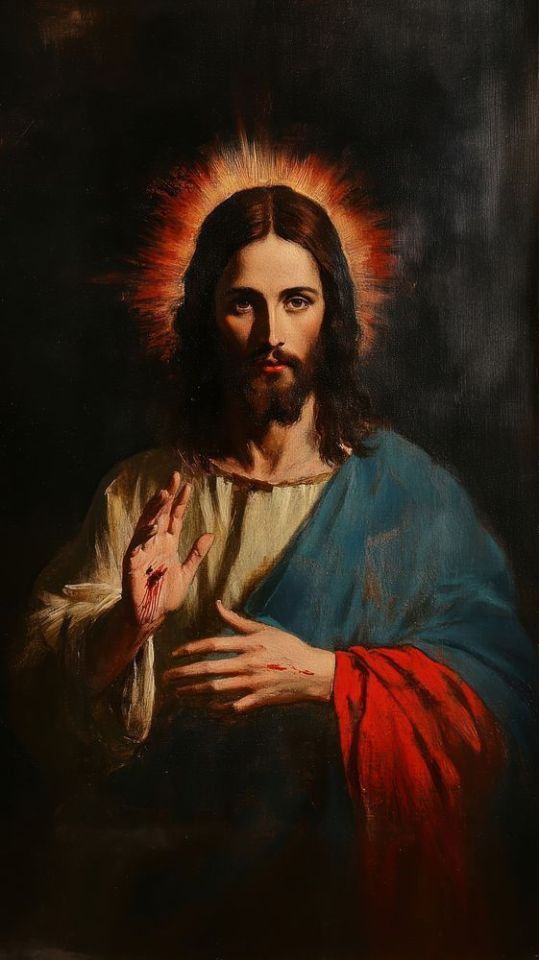
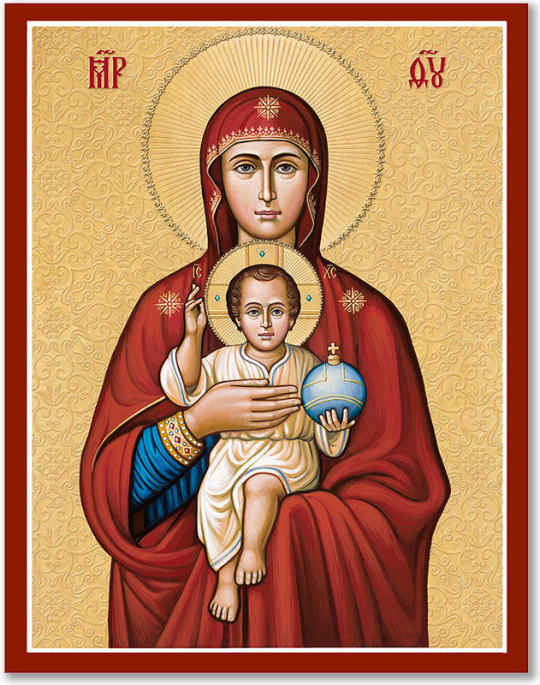
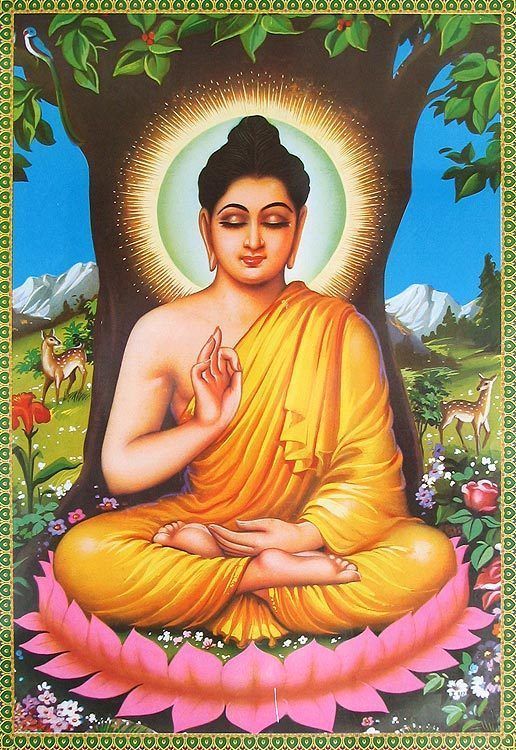
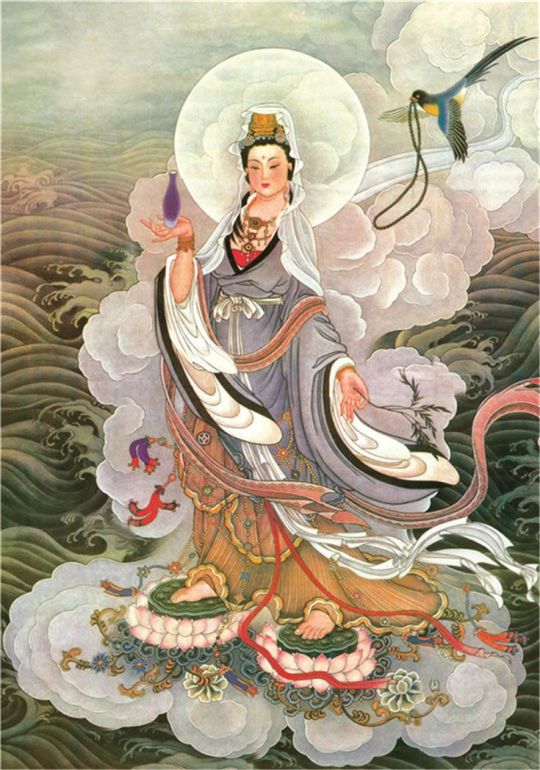
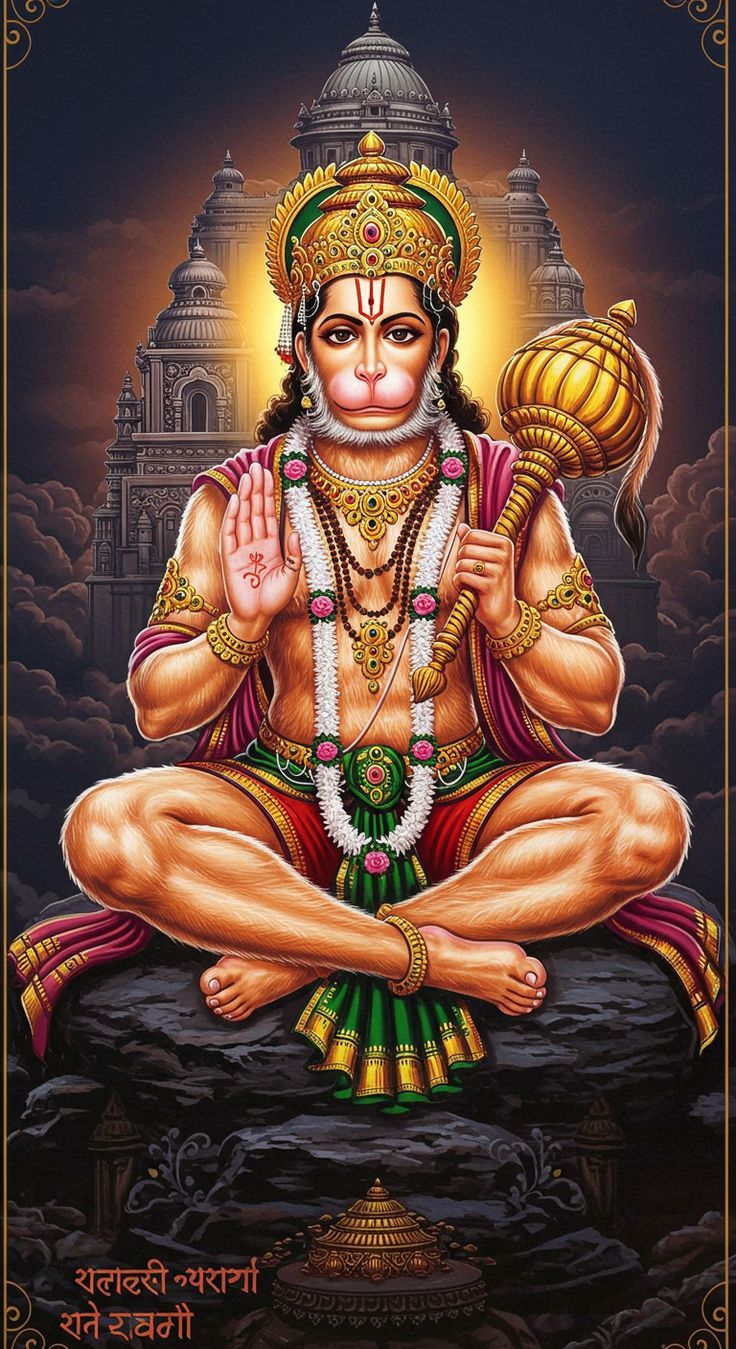
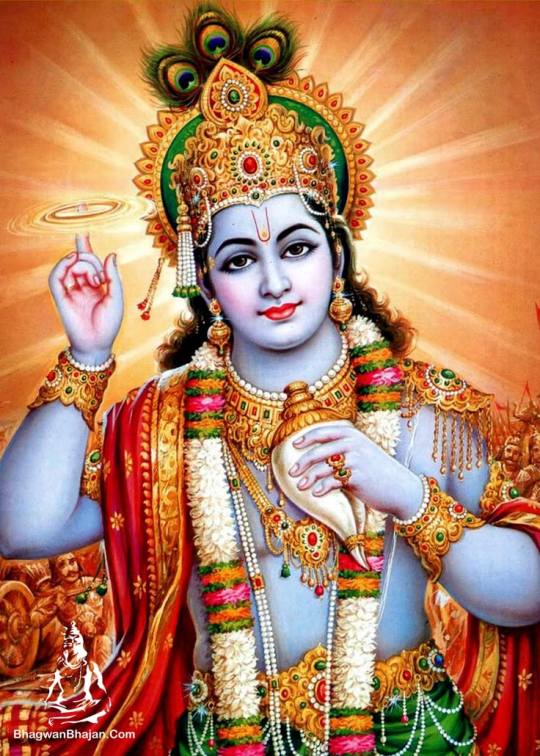
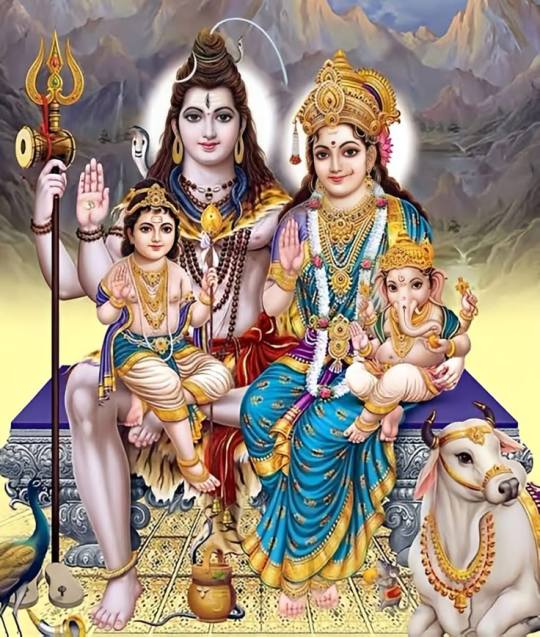
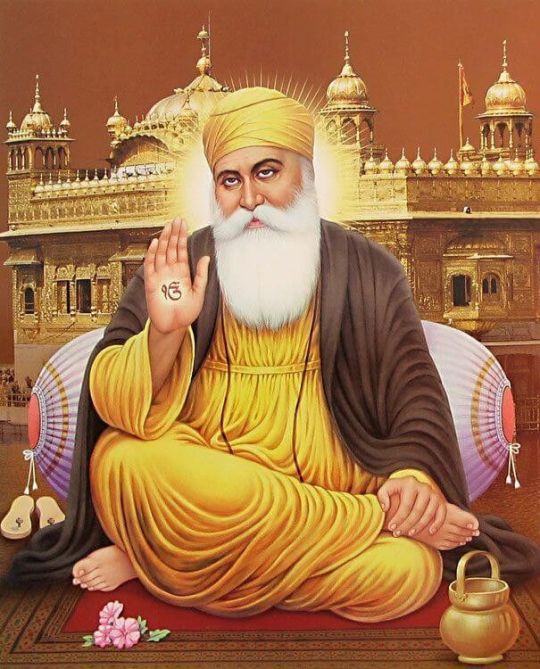
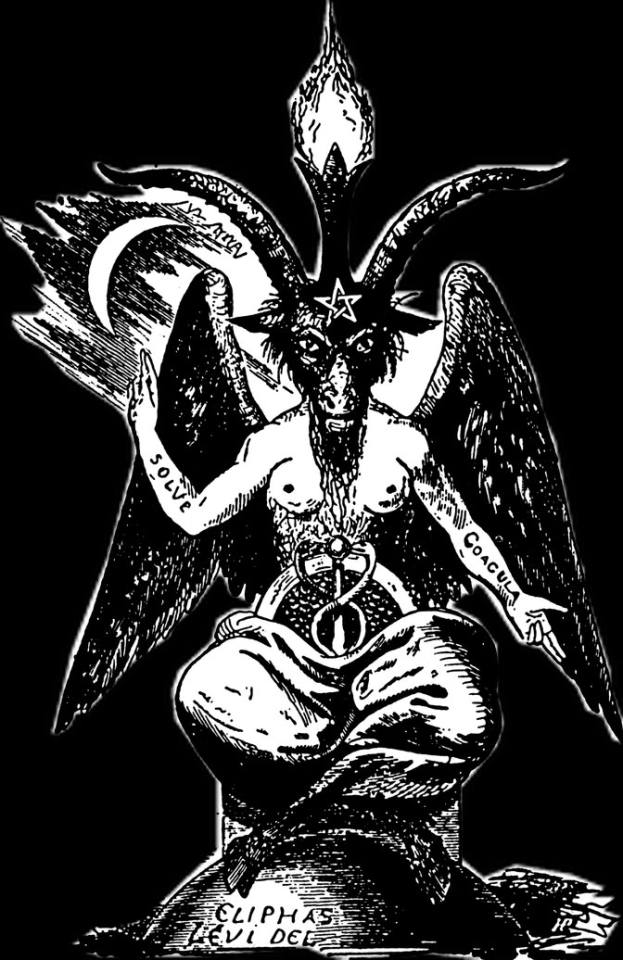
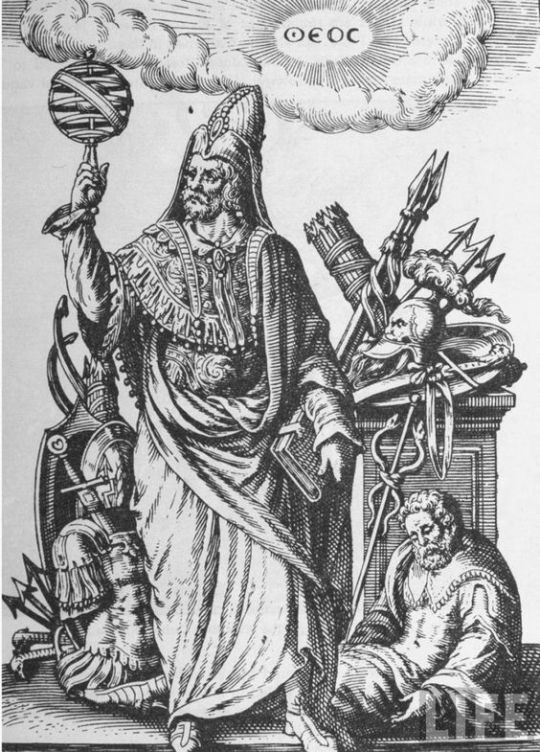
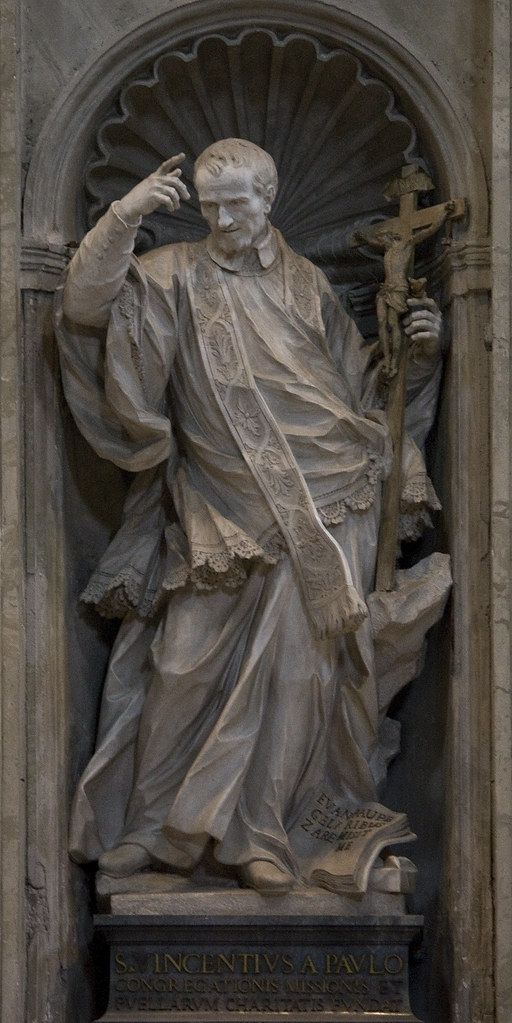
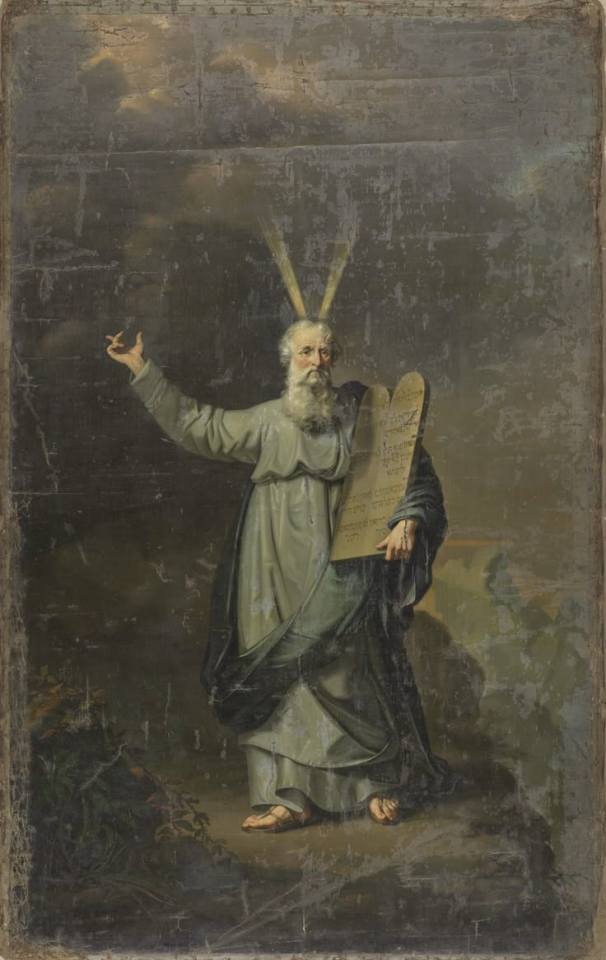
The raised right hand, a gesture seen across various religions, spiritual traditions, and artistic depictions, carries with it profound symbolic meaning. This ubiquitous gesture is often linked to themes of blessing, protection, authority, and enlightenment, and has been shown in the iconography of deities, spiritual leaders, and mystics for millennia. Its recurrence suggests it is more than just a physical movement; it embodies a universal archetype that is deeply ingrained in human consciousness. Through examining the gesture's origins, symbolism, and often suppressed meanings, we can gain profound insights into its role as a bridge between the material and the divine.
Core Symbolism Across Traditions
At its core, the raised right hand symbolizes reassurance and spiritual power. Across different traditions, it conveys a sense of divine protection, authority, and the dispelling of fear. In Hinduism and Buddhism, this gesture is epitomized in the Abhaya Mudra, which translates to “gesture of fearlessness.” The Buddha, often depicted with his right hand raised to shoulder height, palm outward, uses this gesture as a symbol of peace and protection, calming the fears of the devotee. Similarly, Hindu deities like Vishnu and Shiva adopt this mudra to bestow blessings and offer divine assurance.
Christian and Cross-Cultural Depictions
In Christianity, the gesture is closely associated with Jesus Christ, who is frequently depicted raising his right hand in a benediction, signifying the transmission of divine grace and spiritual power. Mary, too, is shown in similar contexts, her hand raised in a gesture of blessing. The raised right hand also carries significance in Sikhism, where Guru Nanak's gesture symbolizes divine truth and guidance. Even in occult traditions, figures such as Baphomet incorporate this gesture to represent the balance between the spiritual and material realms, echoing the principle of "as above, so below." The universality of this gesture underscores its association with spiritual authority across various cultures.
Esoteric Meaning and the Right-Hand Path
Beyond its religious and spiritual meanings, the raised right hand also has esoteric significance. It is often seen as a symbol of the "Right-Hand Path," a concept tied to righteousness, divine order, and enlightenment. This contrasts with the "Left-Hand Path," which is often associated with hidden knowledge or rebellion against established norms. This duality—light versus dark, order versus chaos—encapsulates humanity’s ongoing journey to balance material existence with spiritual transcendence.
Prehistoric and Ancient Origins
The origins of this sacred gesture stretch far back into prehistory. Before the advent of organized religion, prehistoric shamans—spiritual leaders adept at navigating altered states of consciousness—likely used the raised right hand as a nonverbal form of communication with higher realms. Cave paintings dating back over 30,000 years show figures with raised hands, suggesting a deep, intuitive connection between this posture and spiritual invocation. As civilizations emerged, this gesture became more formalized within religious and ceremonial contexts.
In ancient Sumer (around 4000 BCE), gods and rulers were often depicted with raised hands, invoking divine authority. Similarly, in ancient Egypt, deities like Osiris and Isis are frequently shown with their hands raised during sacred rituals. The Indus Valley Civilization (circa 2500 BCE) integrated mudras, symbolic hand gestures, into their early yogic practices. The Vedic texts (circa 1500 BCE) codified these hand gestures within Hindu rituals, associating them with the control of energy and blessings. Buddhism later adopted the Abhaya Mudra, as exemplified by the Buddha, who used it to calm a charging elephant sent by his cousin Devadatta, symbolizing serene power and protection.
An Archetype Across Cultures
Despite regional differences, the raised right hand has consistently symbolized divine connection across cultures. Its prevalence suggests an archetypal truth embedded in the collective human consciousness, one that spans time and geographical boundaries.
Esotericism and the Mystical Hand
In esoteric traditions such as Freemasonry and Hermeticism, the raised right hand goes beyond a simple gesture of blessing. It symbolizes the oath of initiation into higher knowledge, invoking cosmic truths that transcend ordinary understanding. The human hand itself is often viewed as a microcosm of divine creation, with its five fingers corresponding to the pentagram—a symbol of balance—and the five elements: earth, water, fire, air, and spirit. Ancient cultures believed that certain hand positions could channel energy flows within the body or invoke universal forces, further amplifying the significance of the raised right hand.
Duality and Balance in Symbolism
The duality inherent in this gesture reflects broader cosmic principles. The right hand is often associated with light, order, and divine authority, while the left hand is linked to chaos, hidden knowledge, or rebellion. This contrast is vividly illustrated in occult symbolism through figures like Baphomet, who is depicted with one hand pointing upward, toward the heavens, and the other pointing downward, toward the earth. Baphomet embodies the balance between opposites, serving as a reminder that spiritual enlightenment requires the reconciliation of dual forces.
Suppression of Esoteric Knowledge
Yet, beneath these surface meanings lies a deeper layer of significance, one that has often been suppressed or reinterpreted throughout history. Many cultures embraced the raised right hand as a sacred symbol, but its more esoteric meanings have often been obscured by religious institutions seeking to control spiritual knowledge. The myths surrounding pre-flood civilizations—such as Atlantis—speak of societies that possessed profound knowledge of sacred geometry, cosmic cycles, and spiritual science. This knowledge was likely lost or deliberately erased after catastrophic events reshaped human history.
Early Christianity, too, contained mystical teachings that were later suppressed by institutionalized religion. Gnostic texts describe Jesus as a teacher of self-mastery, rather than blind submission to external authority. Concepts such as reincarnation, which were central to early Christian thought, were removed from doctrine during Church councils. Similarly, the role of Mary Magdalene as an equal spiritual leader was diminished to reinforce patriarchal structures. These omissions serve to obscure Christianity's esoteric roots, favoring dogma over personal enlightenment.
Sound, Frequency, and Vibrational Truths
In addition to these religious suppressions, the science of sound and frequency also holds a key to understanding the deeper significance of the raised right hand. Ancient civilizations understood that sound shapes reality, a concept encoded in sacred languages like Sanskrit and Hebrew. The standard tuning of modern music (440 Hz) contrasts with ancient systems such as 432 Hz tuning, which is believed to harmonize with natural frequencies. This shift may represent a deliberate attempt to disrupt humanity's connection to higher vibrations, further distancing the masses from their spiritual potential.
The Moon and Frequency Control Theories
Some esoteric traditions even suggest that the Moon, with its perfect size for eclipses, may have been artificially placed in Earth's orbit as part of a control mechanism for human consciousness. Its presence raises questions about its origins and whether it serves as a frequency regulator, locking humanity into specific vibrational states.
Ultimately, the raised right hand represents more than just a symbolic gesture; it embodies humanity's shared spiritual heritage. Its presence across cultures suggests that it encodes universal truths about enlightenment: mastery over physical reality through alignment with cosmic laws, protection from ignorance, and guidance toward higher planes of existence. Yet, much of its deeper meaning remains hidden beneath layers of historical suppression and reinterpretation. By rediscovering these lost meanings—whether through ancient texts or modern esotericism—we can begin unlocking humanity's full potential for spiritual awakening.
The raised right hand, as a timeless and powerful gesture, continues to beckon us toward greater understanding and unity with the divine. It is a symbol that transcends time and culture, offering us an ancient key to uncovering the profound mysteries of the universe. Through it, we are reminded of our intrinsic connection to higher wisdom and the eternal quest for spiritual enlightenment.
#symbolism#iconography#sacred iconography#sacred symbols#mystical#mysticism#divine authority#mythical christianity#esoteric christianity#esoteric#occultism#occult#occult symbols#tradition#mudras#buddhism#buddhist#vedic wisdom#vedic#spiritual#spiritual protection#sacred geometry#hermetic#transcendentalism#gnosticism#gnostic teachings#gnosis#religious art#art history#mind over matter
94 notes
·
View notes
Text
Sharing The Gospel With Men In Dresses
youtube
View On WordPress
0 notes
Text
CFM - 3 Nephi 14 - 15: Warnings of False Prophets, Authentic Living Faith, and Fulfillment of the Law of Moses
Our study emphasizes the importance of recognizing and responding to false prophets, drawing on the warning from 3 Nephi 14:15-20. False prophets, often disguised as benevolent figures, threaten genuine belief by leading individuals astray.
Our study emphasizes the importance of recognizing and responding to false prophets, drawing on the teachings found in 3 Nephi 14-15 of the Book of Mormon. In this passage, Jesus Christ warns the Nephites about the dangers of following those who present themselves as spiritual leaders but do not teach His true doctrines. The warnings against false prophets are not merely historical concerns; they…
#3 Nephi 14#3 Nephi 15#Authentic Faith#Bible#Bible study#Book of Mormon Study#Christian Faith#Christianity#Come Follow Me#faith#Faith application#faith journey#Fulfillment of the Law of Moses#God#Gospel Principles#Jesus#Jesus teachings#Law of Moses explained#LDS scripture analysis#LDS Teachings#Mormon beliefs#Mormon faith#Prophecies fulfilled#religious teachings#scripture study#Spiritual Growth#Spiritual warnings#Warnings in scripture
0 notes
Text
The Divine Within: Jesus’ Teachings on Our True Nature
In many Christian teachings, the concept of sin often overshadows the more empowering messages found within the Scriptures. Yet, Jesus’ words offer profound insights into the divine nature inherent in each of us. By revisiting his teachings, we can uncover a more uplifting understanding of our spiritual identity. John 14:20: “On that day you will realize that I am in my Father, and you are in…
#Biblical teachings#Christian community#Christian doctrine#Christian faith#Christian spirituality#divine nature#divine potential#faith and dignity#God’s image#inherent divinity#inner divinity#Jesus teachings#kingdom of God within#New Testament insights#original sin#religious teachings#spiritual empowerment#spiritual identity#Spiritual Transformation#unity with God
0 notes
Text
"I locked you in a room like an animal, Mark. As an unserved man, I'll carry that knowledge the rest of my life." vs. "I'm tightening the leash."
#something something seth seeing the severed workers as human is seen as a negative and he's encouraged to dehumanize them despite being#racially discriminated against and constantly undermined at work. please Get Out of there.#I really hope we get more about race and severance. like does dylan know about race? does Lumon teach about race?#is it a Mormon style situation where people of color are restricted from leadership positions and considered lesser than spiritually#because I mean Natalie acts as a prophet but she's not speaking her own words her body is being used as a vessel for the words of the board#but it's less empowering than it is big brother type eternal servitude.#so I'm curious to see if they go more in depth about lumon's beliefs as a company and the religious aspect when it comes to race#txt#seth milchick#severance spoilers#severance#mine
56 notes
·
View notes
Text
I got- I can't!
Imagine being 15, you've grown up your whole life with this one belief in this one God and you were told you were Chosen by Him, for Him. And you're 15. You believe so fully in the spirit of your religion, not necessarily the word, that you want to go to a non-religious school to try and help other kids maybe find your God because you genuinely believe that could be helpful to some of them, because it's all you know, and it's helped other strangers (human trafficking victims she helped in the black pit before) so why not other kids her age? You're 15 and all you can think about is helping others. And you start thinking about your religion, and reading books, and asking questions and you come to the conclusion that maybe your God and His Father aren't actually all that great. Maybe the church you're in has done some really bad things that you can't possibly make up for. Maybe that church is still doing bad things. And then you find out your family is actually in a cult for that God, not just part of the normal church, and you suddenly have to undo all the cult shit in your brain you were raised with, while that cult stuff you know about is actually useful to your friends, like having that knowledge is helpful for them! You're 15 and you stop going home. You have no real adult supervision or carer, just your other 15 year old friends.
Imagine you're 16, you're gay and figuring that out on top of navigating your first full romantic relationship and being the sole creator and cleric to a new God that you honestly find to be very two dimensional and empty. You're on a quest to find an evil being and stop them. You nearly die. Your friends nearly die. You're 16. You're 16 and feel something calling out to you, you know it's divine because you've felt that sort of pull before, but you've never felt one like this. You find memories and hints and pieces and you figure out that the evil being you have to stop, isn't evil, she's just hurting. She's hurt and She's a God. She's your God, and she's so happy to see you, and she has so many ideas, and so many hopes.
You're 17. You've spent your rest time (summer vacation) tearing across the world chasing down and defeating another evil thing that you and your friends accidentally released in the first place. Your God is with you, you have no time for Her. No time for anything but trying to survive and stay sane. You know She's disappointed in you, but you're one person -ONE PERSON- and you're 17. You missed your birthday. again. You've saved the world; again. You're so fucking tired -like always. You're Chosen, and alone, and have no idea what to do with your life, let alone your God. You aren't very good at school, but you go to every class. You're drowning as you try to rewrite your understanding of the world from what you grew up with, having no idea how to do anything without a book and godly hand to guide you. You only ever followed before, your new God is demanding you Lead. You don't know how. You're only 17. You see your horrible, abusive parents spitting abuse and racist rhetoric at your baby brother, who you haven't seen in two years, on the front steps to your school and for the first time ever you are filled with righteous fury. Your God answers your call, not knowing what you need but so eager to help, eager for your attention, she starts talking to you but you're busy -why can't she understand that you're fucking busy? trying to not die, trying to be safe, trying to keep your friends alive, trying to navigate a world that hates you, you're 17 and you're busy goddammit just wait!- and she snaps back at you and flees. The next time you see Her, maybe an hour later, She's got a creature with Her that nearly destroyed you and your friends last year sitting in her lap, so smug to see you again.
You're 17- no, 16- no, 15 years old and you're expected to build and carry the world on your shoulders, Chosen from birth, raised a lamb to follow a Shepard, not to be followed behind. You have no one and nothing and everyone expects everything and you can't back up, you can't pause because if you do someone dies and doesn't come back. You have to be a hero, a chosen, a saint. The steps behind you crumble to dust with each step you take forward and the new one is already cracking under your weight. There are only wrong choices. There's no hand reaching for you. God, you were taught, will save and guide you. God knows best. Why is your God looking to you, a mortal human, to be saved, raised and guided? You're a child.
You're just a child.
You just want to go home, wherever that is. You thought it was your God, but She's not exactly helping you out either, is She? She's just disappointed. Like everyone else. Like you.
You're 17. You think it would have been better to never do any of this. It would have been easier to stay, blind and naive. Sometimes you think you should have stayed in heaven. Sometimes you think about the God you killed by not being good enough for it. Sometimes you lay on the floor and stare at the ceiling and pretend you don't exist for awhile. Sometimes you work your body so hard you forget it's there and your mind shuts up and you exist without being you. Sometimes you wish you never asked any questions or read any books. You're 17, but sometimes you wish you were 15, with no idea yet.
You're 17. You wish you were good enough.
#dimension 20#kristen applebees#fantasy high junior year#fhjy#d20 fhjy#fhjy spoilers#dimension 20 fhjy#dimension 20 fantasy high#d20 fantasy high#dimension 20 spoilers#words#can you tell my religious trauma is popping off?#I have big feelings about kristen#she's just a kid man leave her alone#it's not fair for a god to expect a child to be able to perform what many adults do over many years in just the span of a few months#yeah it's not fair cassandra has had the lot of getting a child for her only cleric but like#she reached out to and accepted kristen! she the God here! it's like when a grown adult expects a toddler to know to not run into a road#without being taught. that's a baby#she's gonna run into the road many times until someone takes her hand and kindly teaches her to not#kristen litterally needs some kinda reliable help. she knows there's something wrong and that she's fucking it up she just literally doesn'#know how to fix it! someone help her!!!#fantasy high
283 notes
·
View notes
Text

3. Pamiętaj, abyś dzień święty święcił
#fat thursday#pączki#faworki#polish pączki#tłusty czwartek#mniam#food#sweets#food posting#did you lnow that Fat Thursday is technicaly a religious holiday? read about it#know*#funny#until yesterday I thought that we just decided to eat fat sweets one day and make it holiday#but no - nowadays it's apparently related to the incoming fast before easter#honestly so many years of going to the church and having religion at school did nothing#they didn't teach us anything there 🙄#polishposting#polblr#february
46 notes
·
View notes
Text
I think Garroth should have religious trauma. As a treat.
I think when they find out Aphmau is Irene, he is terrified. Terrified that his actions have earned the all-knowing divine's ire, that the lines he's crossed and ties he's cut deserve the eternal damnation that his teachings warned him of.
I want this little white boy to suffer
#actually vylad and zane too#they have a high priest so they have a church right??#aint no way he didnt have an entire schedule block for religious teachings#aphmau#aphblr#aphverse#minecraft diaries#aphmau mcd#garroth ro'meave#mcd garroth#mcd aphmau#irene the matron
741 notes
·
View notes